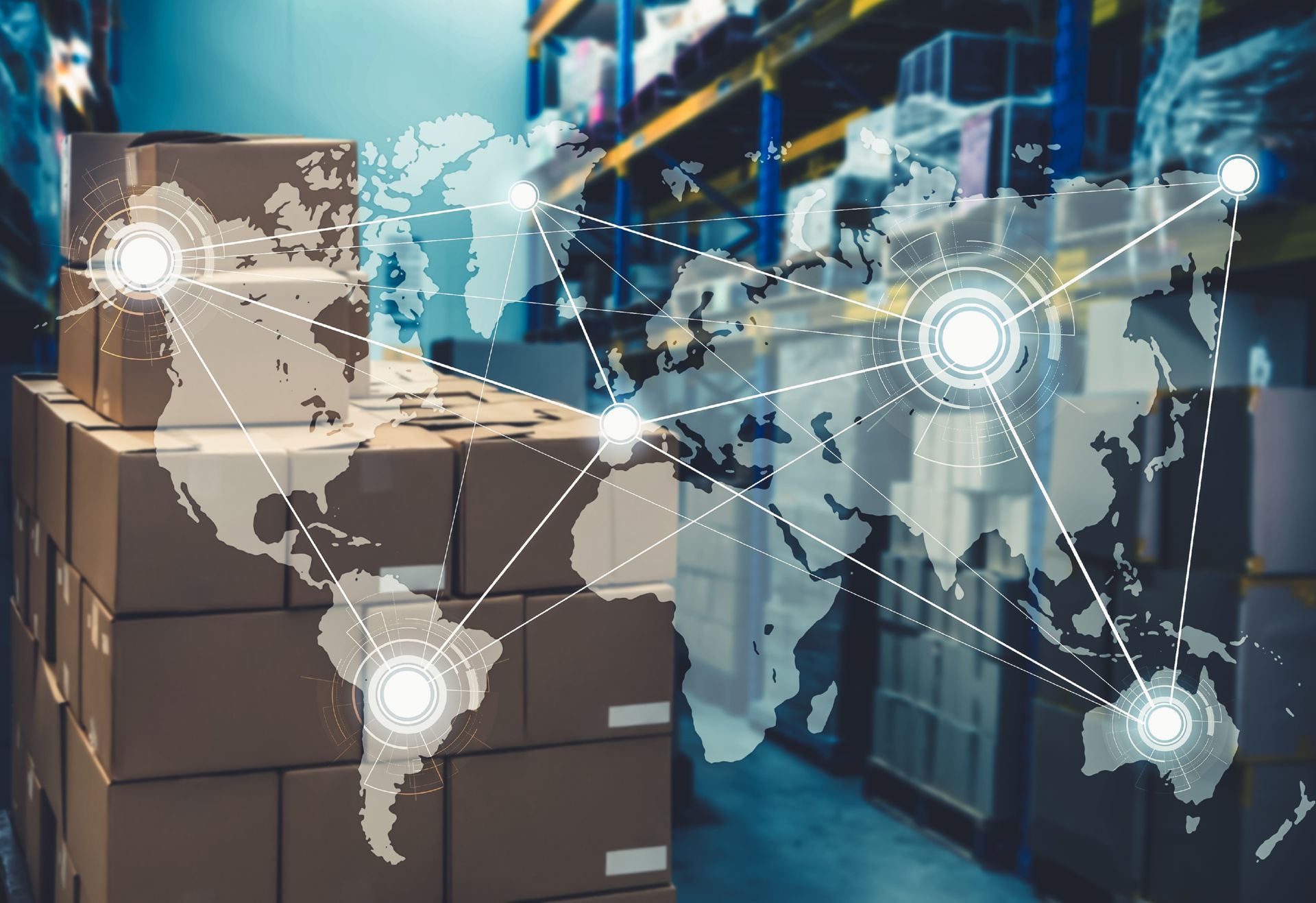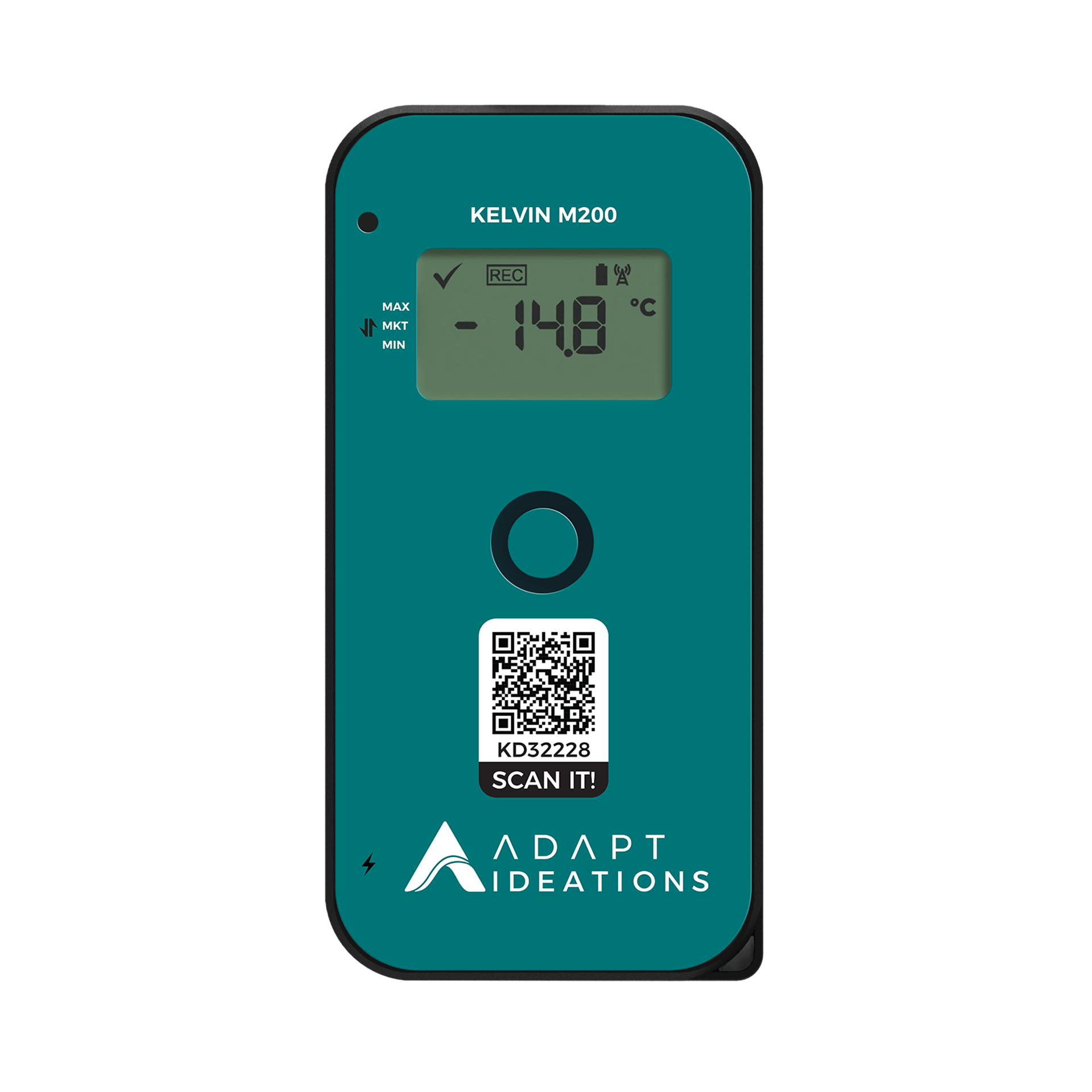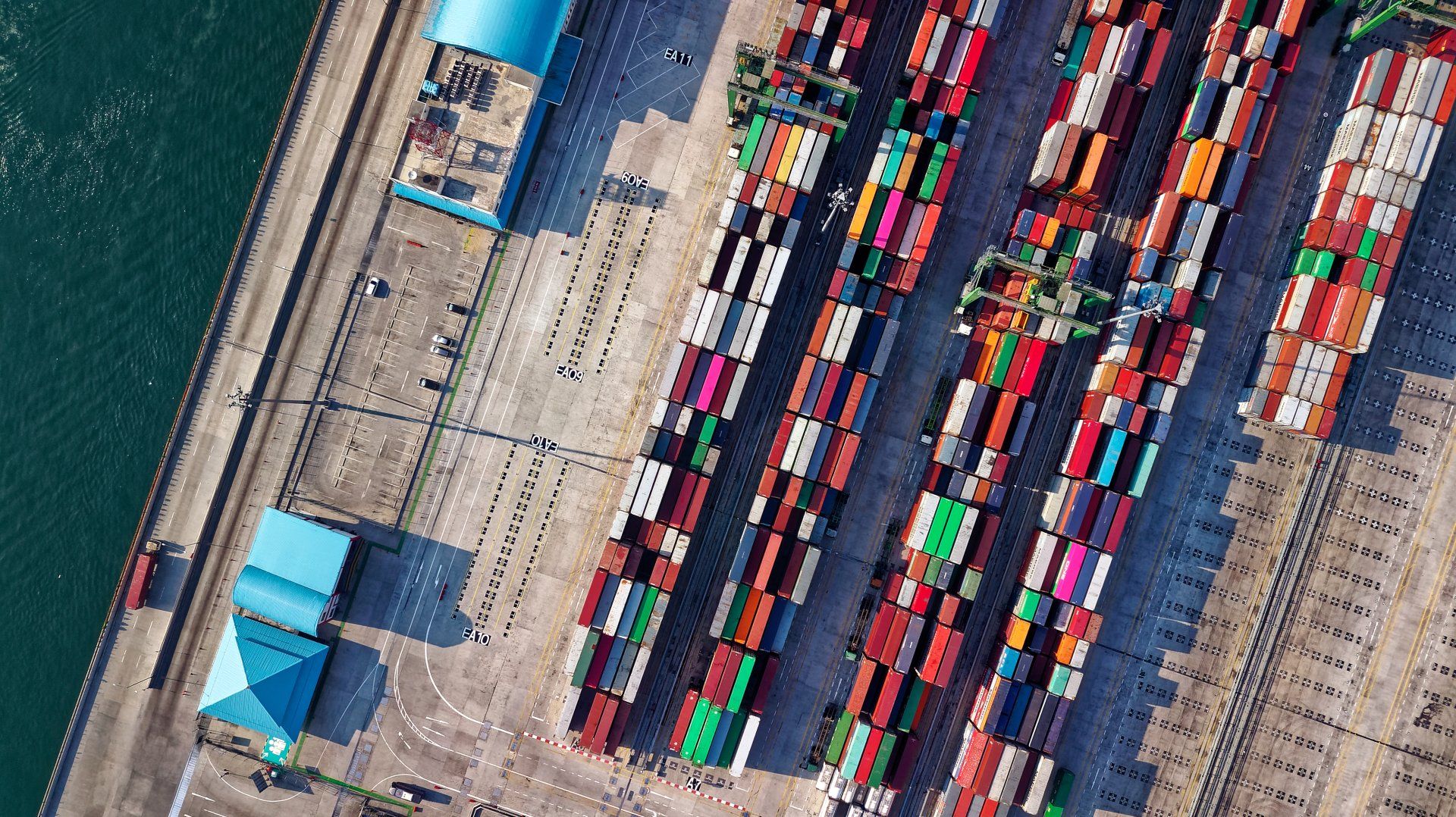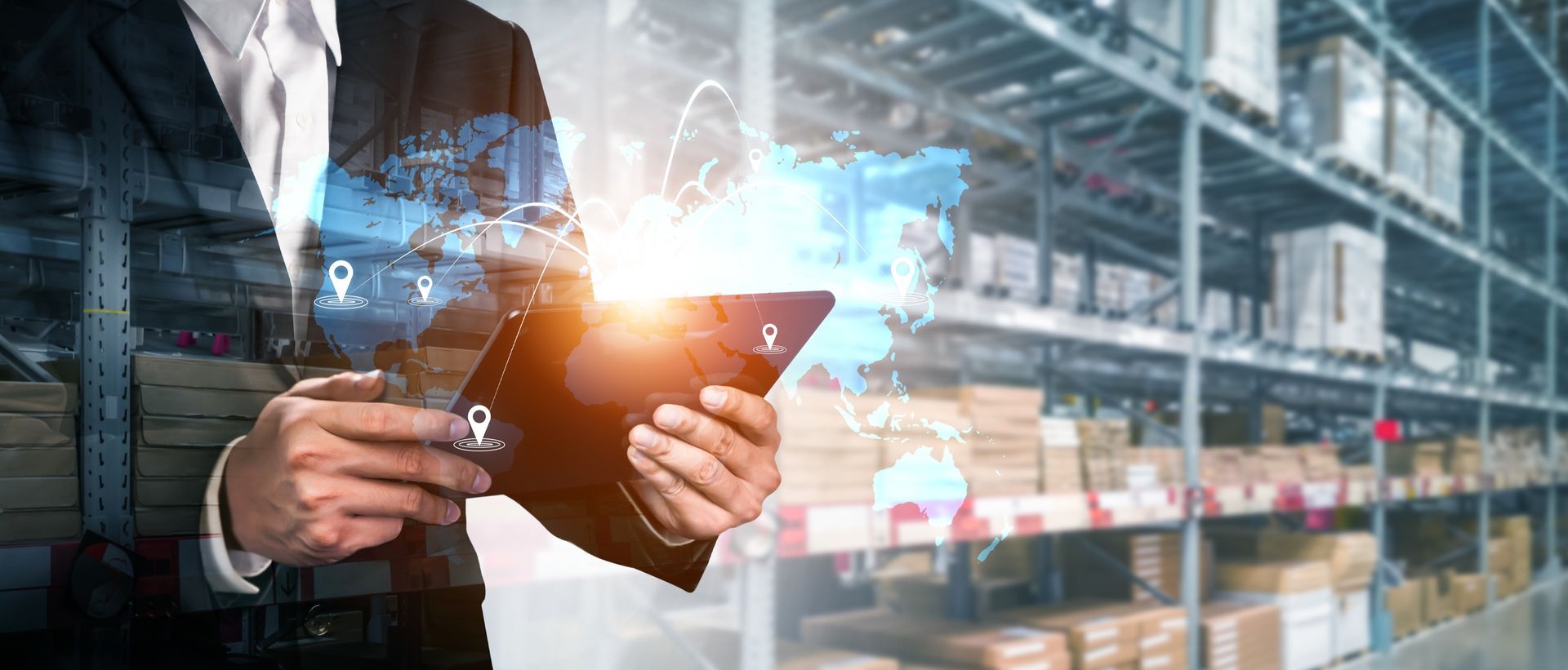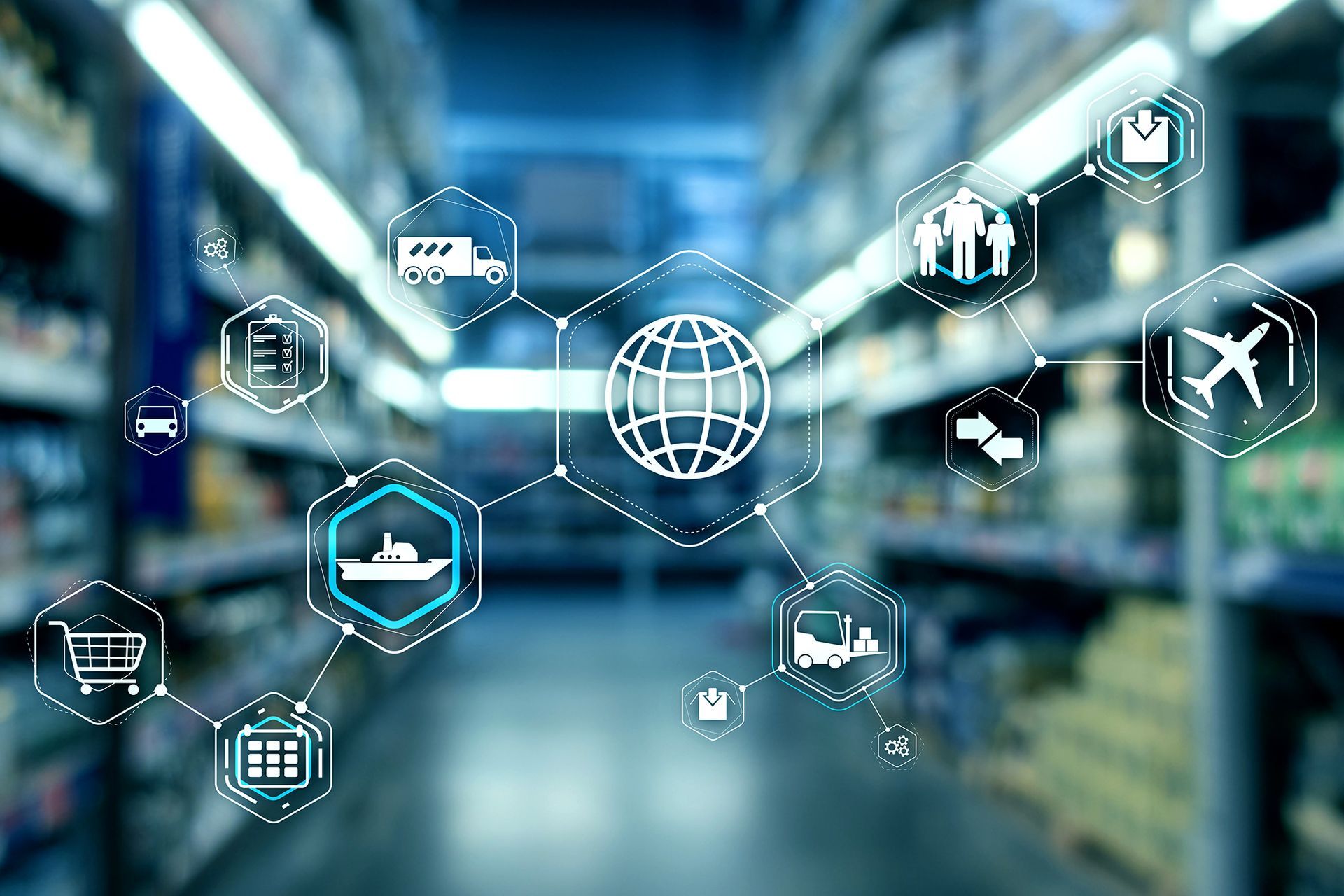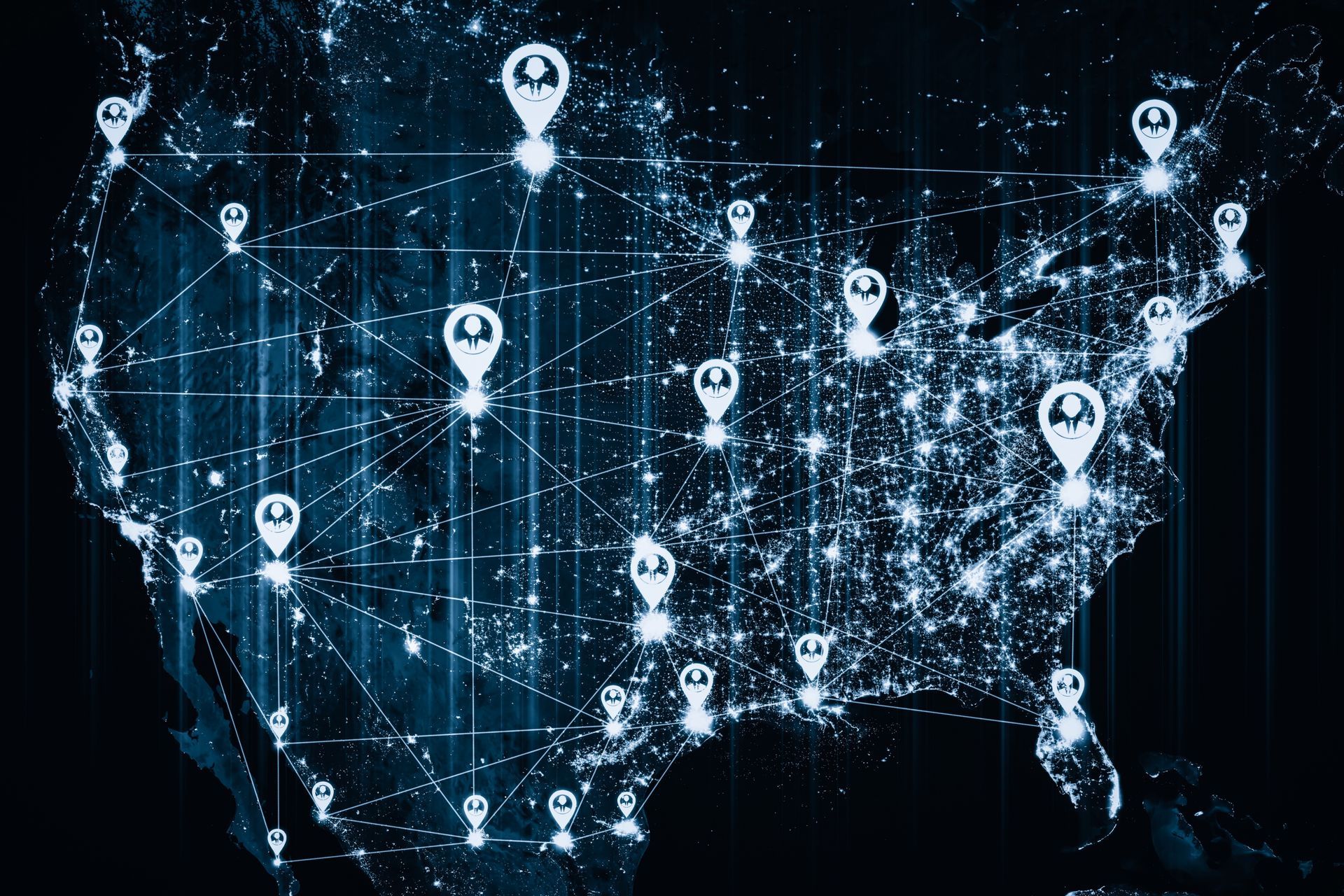The Impact Of Data Loggers On Reverse Logistics For Reusable Supply Chain Assets
In today's rapidly evolving world, efficient supply chain management is crucial for businesses to function. To satisfy customer demands and remain competitive, seamless flows of goods are essential. However, one often overlooked aspect of supply chain management is the reverse logistics process, which involves the return and management of reusable assets.
In this blog, we will explore the significance of reverse logistics and delve into the transformative impact of data loggers on this critical aspect of the supply chain. But before we start with understanding the impact of data loggers, let's learn what reserve logistics entails.
What Is Reverse Logistics?
Reverse logistics refers to the process of managing the flow of goods from the end-user back to the point of origin. This process involves activities such as product returns, refurbishment, repair, recycling, and disposal. It plays a vital role in maximising the value of reusable assets and minimising waste. The size of the global reverse logistics industry, was estimated at USD 840.7 billion in 2021, and is anticipated to rise at a CAGR of 12.4% from 2022 to 2028.
While traditional logistics focuses on the forward movement of products. Reverse logistics ensure that reusable assets are properly tracked, assessed, and reintroduced into the supply chain. The goal of reverse logistics is to maximise the value of these assets while minimising the associated costs and environmental impact. By effectively managing reverse logistics, companies can reduce waste, enhance client satisfaction, and improve overall supply chain efficiency.
Challenges Faced In Reverse Logistics
Reverse logistics presents a set of distinct challenges that require special attention. One significant challenge is the complexity of handling returned products. Each item may have a different reason for return, such as customer dissatisfaction, warranty issues, or quality defects. Sorting and processing these returns effectively can be a time-consuming and labour-intensive task.
Additionally, reverse logistics often involves managing a wide range of reusable supply chain assets, such as pallets, containers, and packaging materials. Tracking and maintaining visibility over these assets throughout their lifecycle can become a daunting task. It leads to inefficiencies, loss, and increased costs. The lack of data and real-time information worsens with these challenges, making it difficult to maximise asset utilisation and improve operational efficiency.
Some of the key challenges it faces include:
Visibility & Traceability: The lack of visibility and traceability is a major challenge in reverse logistics. It becomes challenging to track the condition, location, and status of returned assets, which causes delays, inaccurate inventories, and missed opportunities.
Asset Recovery: Efficiently managing returned assets and recapturing their value is essential. However, identifying and categorising reusable assets, and managing their repair or refurbishment processes, can be complex and time-consuming.
Quality Control: Assessing the condition of returned assets is critical to determine whether they can get reused, repaired, or disposed of. However, conducting quality control checks and ensuring consistency across multiple return locations can be daunting.
Cost & Efficiency:
Reverse logistics can be costly due to additional handling, transportation, and inspection requirements. Maximising operational efficiency while minimising costs is a constant challenge.
The Impact Of Data Loggers On Reverse Logistics For Reusable Supply Chain Assets
During the transportation and storage of goods, data loggers, also called data recorders, are designed to monitor and record environmental conditions. An example of data loggers is temperature data loggers which monitor the temperature and humidity fluctuations of critical assets. In reverse logistics, these small and portable devices have made a significant impact. By integrating data loggers into reverse logistics processes, businesses can unlock significant benefits:
Real-Time Visibility
Data loggers provide real-time visibility into the condition and location of reusable assets throughout the reverse logistics journey. Its enhanced visibility enables proactive decision-making, reduces delays, and improves overall operational efficiency.
Condition Monitoring
Businesses can use data loggers to continuously track the environmental factors affecting the usability and integrity of returned assets. It enables early detection of potential issues, ensuring that assets are properly handled and stored to maintain their quality.
Streamlined Asset Recovery
Businesses may prioritise and speed up the asset recovery process by using data loggers, making it easier to identify and classify recovered items accurately based on their condition. This streamlines operation and reduces the time and effort required to evaluate and refurbish reusable assets.
Quality Assurance
By capturing detailed data on the handling, storage, and transportation conditions of returned assets, data loggers enable comprehensive quality control. This data can be analysed to identify patterns, pinpoint areas for improvement, and ensure consistent adherence to quality standards.
Cost Optimisation
Data loggers enable businesses to identify bottlenecks, optimise transportation routes, and reduce unnecessary handling and storage costs. With accurate data on asset condition, companies can make informed decisions about the disposition of assets, maximising their value recovery.
Way Forward
In conclusion, reverse logistics plays a pivotal role in sustainable supply chain management. The challenges it poses require effective solutions. With the emergence of data loggers, the management of reusable supply chain assets has undergone a revolutionary change that allows for real-time visibility, data-driven decision-making, and increased operational effectiveness. By leveraging data loggers, businesses can optimise asset utilisation, reduce costs, enhance customer satisfaction, and contribute to a more sustainable future.
As the supply chain landscape continues to evolve, embracing technology and data-driven solutions like data loggers will be crucial for businesses to stay ahead. By investing in innovative technologies, companies can navigate the complexities of reverse logistics, unlock new opportunities, and create a more resilient and efficient supply chain ecosystem. To assist with this, Adapt Ideations’ data loggers can help meet your monitoring needs in a sustainable manner. Through its data analytics and real-time visibility features, it also gives you the ability to make data-driven decisions. Check out our range of products here.
Enquire to find out more about our innovative solutions and how they can be utilised at enquiries@adaptideations.com
Share Our Post.
Awards & Recognition

Best Temperature Monitoring Solution Provider
Awarded by India Biologics & Vaccines Outstanding Industry Awards 2022

Adapt Ideations Recognised As A Supply Chain Leader
by Alcott Global on Supplify's Supply Chain Tech Map 2.0
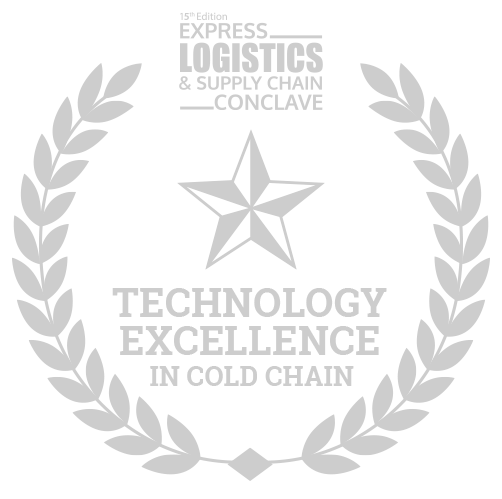
Related Articles.

